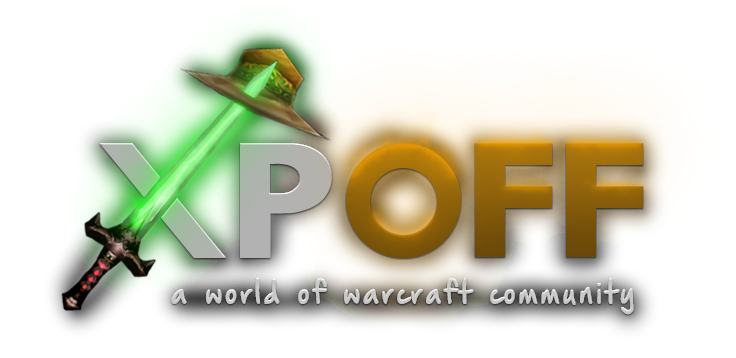"If our nation can issue a dollar bond, it can issue a dollar bill. The element that makes the bond good, makes the bill good, also. The difference between the bond and the bill is the bond lets money brokers collect twice the amount of the bond and an additional 20%, whereas the currency pays nobody but those who contribute directly in some useful way. It is absurd to say that our country can issue $30 million in bonds and not $30 million in currency. Both are promises to pay, but one promise fattens the usurers and the other helps the people. " - Thomas Edison, The New York Times, December 6, 1921
"Whosoever controls the volume of money in any country is absolute master of all industry and commerce... And when you realise that the entire system is very easily controlled, one way or another, by a few powerful men at the top, you will not have to be told how periods of inflation and depression originate." - James Garfield (assasinated within weeks of release of this statement during first year of his Presidency in 1881)
"Because of 'fractional' reserve system, banks, as a whole, can expand our money supply several times, by making loans and investments." "Commercial banks create checkbook money whenever they grant a loan, simply by adding new deposit dollars in accounts on their books in exchange for a borrower's IOU." - Federal Reserve Bank, New York
"While economic textbooks claim that people and corporations are competing for markets and resources, I claim that in reality they are competing for money - using markets and resources to do so. Greed and fear of scarcity are being continuously created and amplified as a direct result of the kind of money we are using. For example, we can produce more than enough food to feed everybody, and there is definitely not enough work for everybody in the world, but there is clearly not enough money to pay for it all. In fact, the job of central banks is to create and maintain that currency scarcity. Money is created when banks lend it into existence When a bank provides you with a $100,000 mortgage, it creates only the principal, which you spend and which then circulates in the economy. The bank expects you to pay back $200,000 over the next 20 years, but it doesn't create the second $100,000 - the interest. Instead, the bank sends you out into the tough world to battle against everybody else to bring back the second $100,000."- Bernard Lietaer, Former Central Banker
